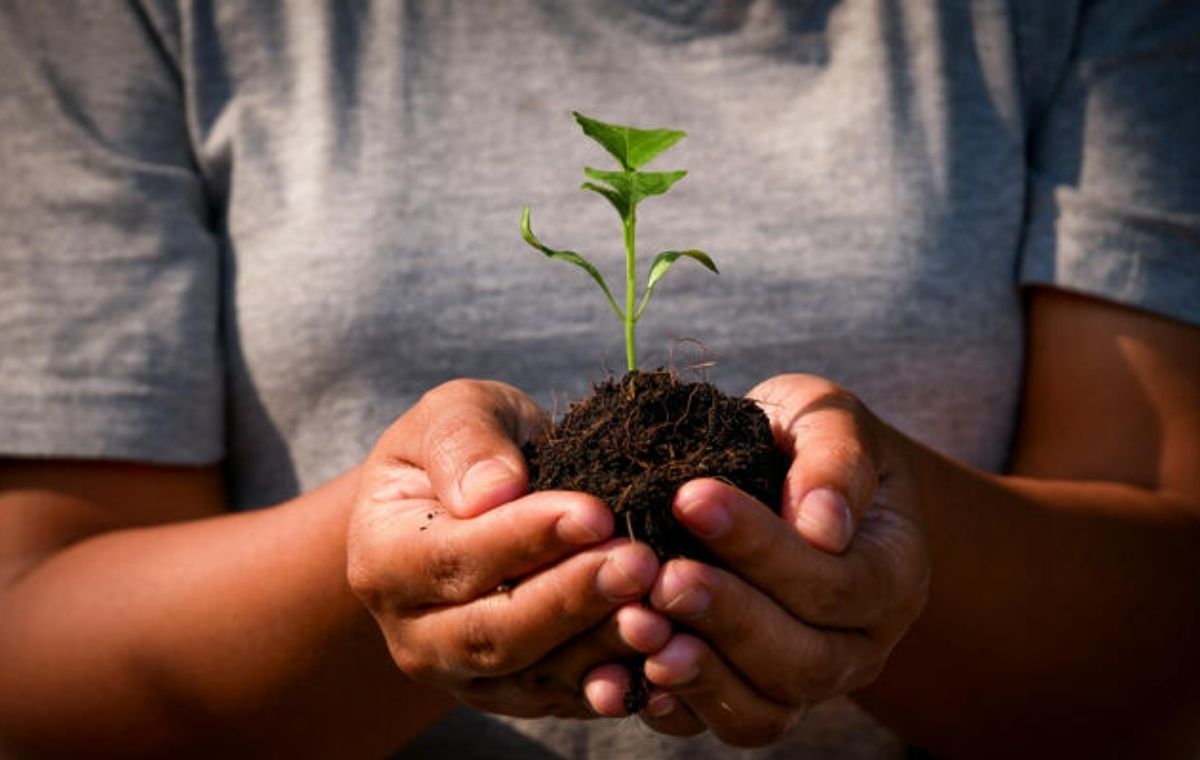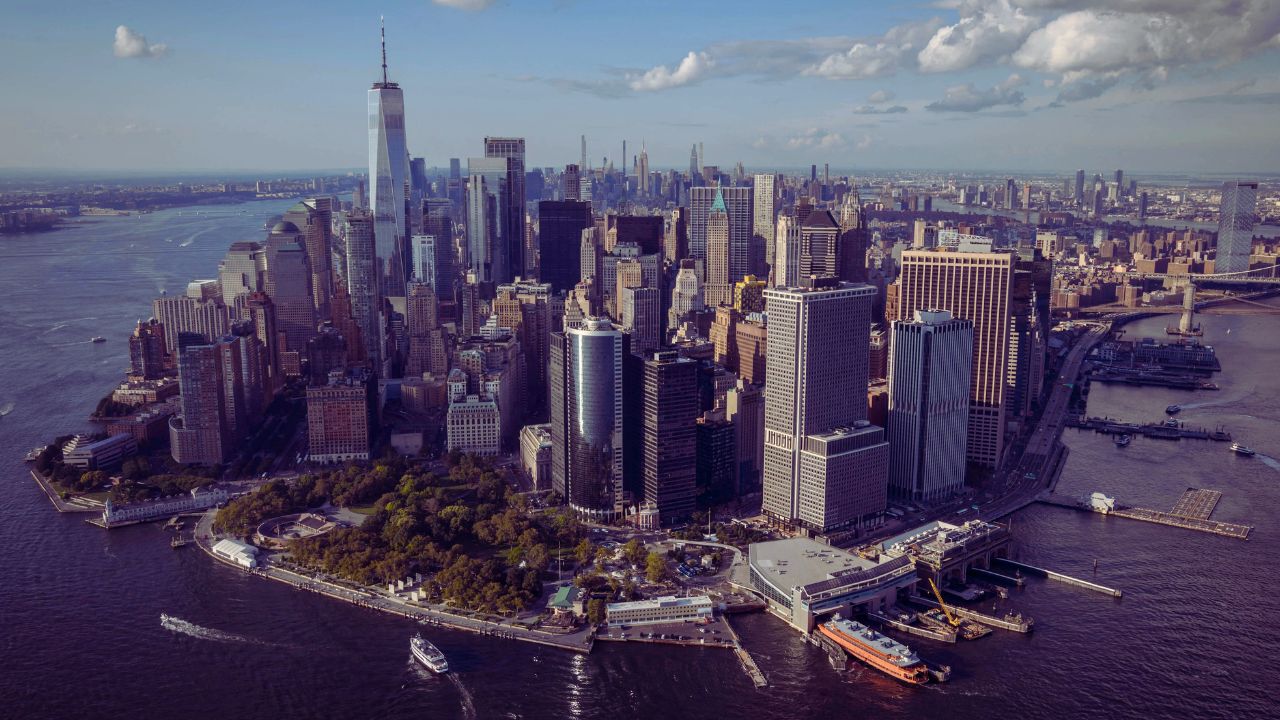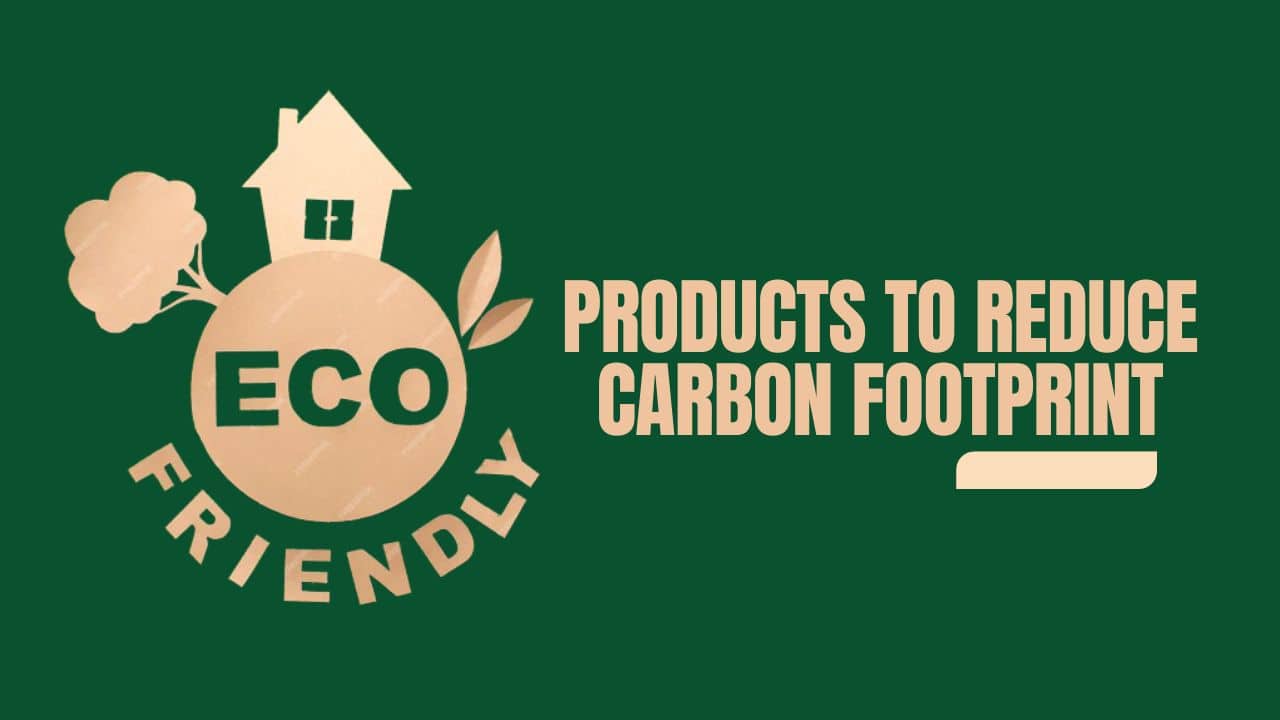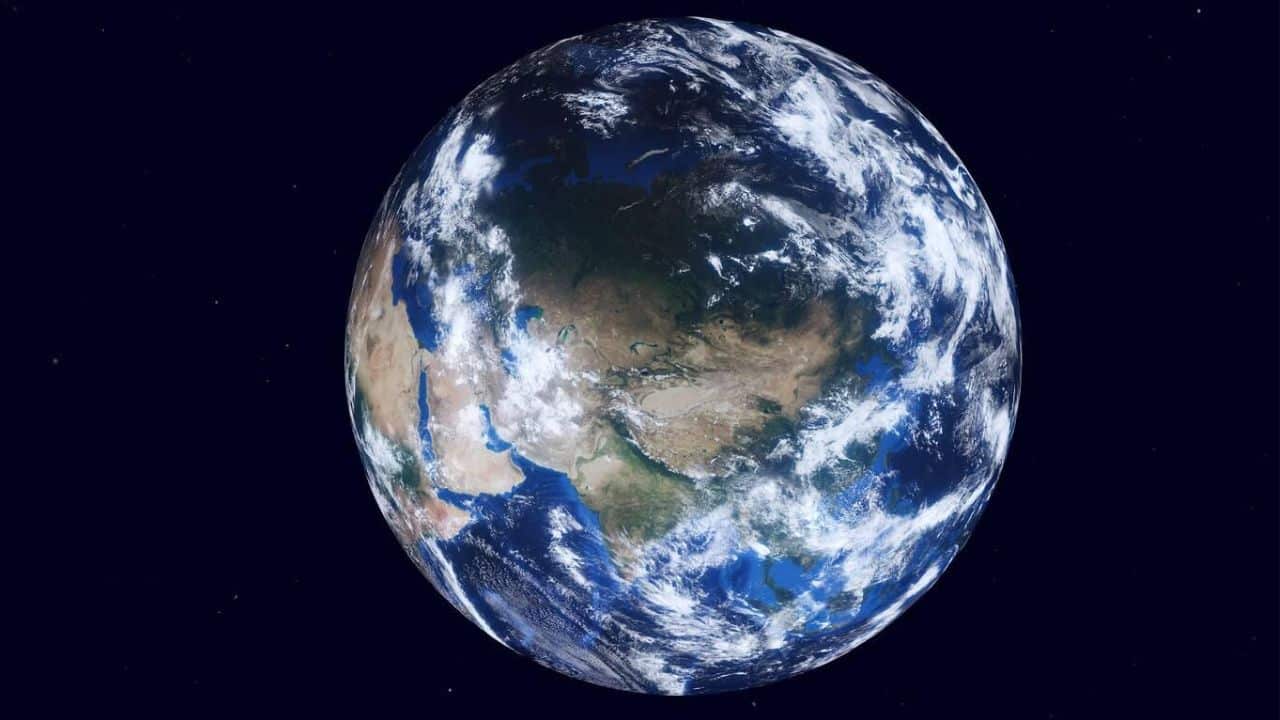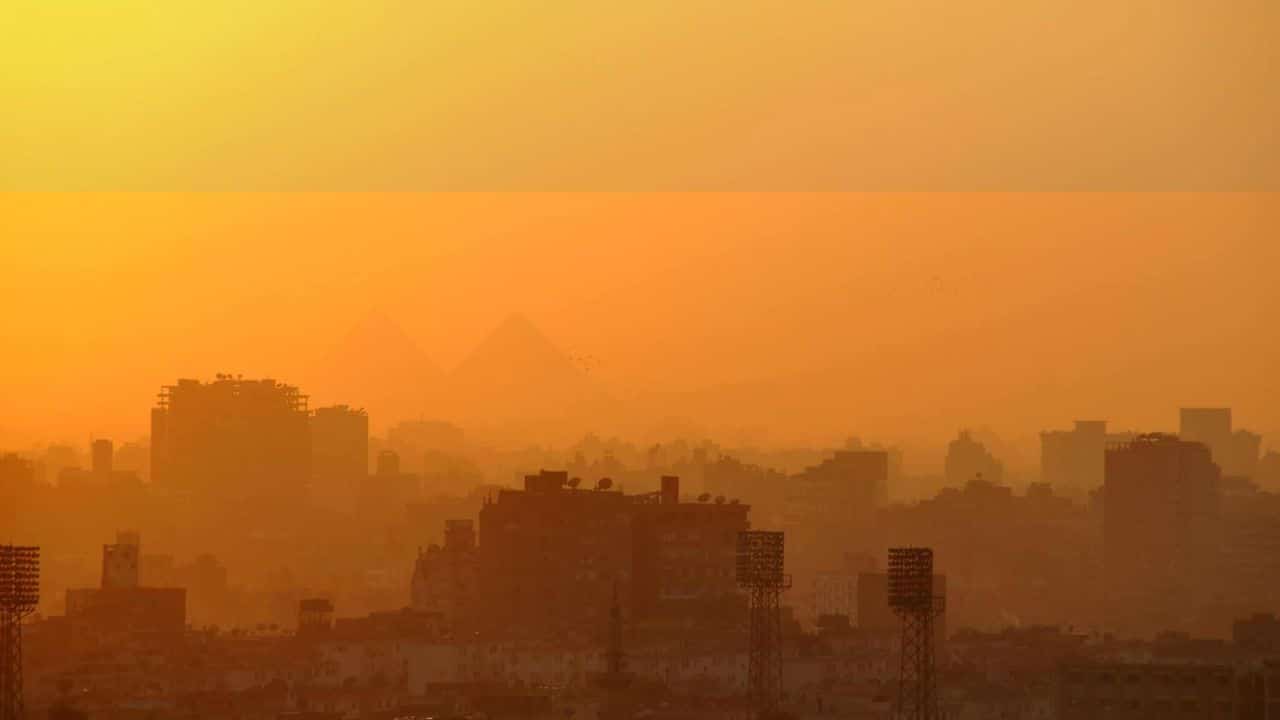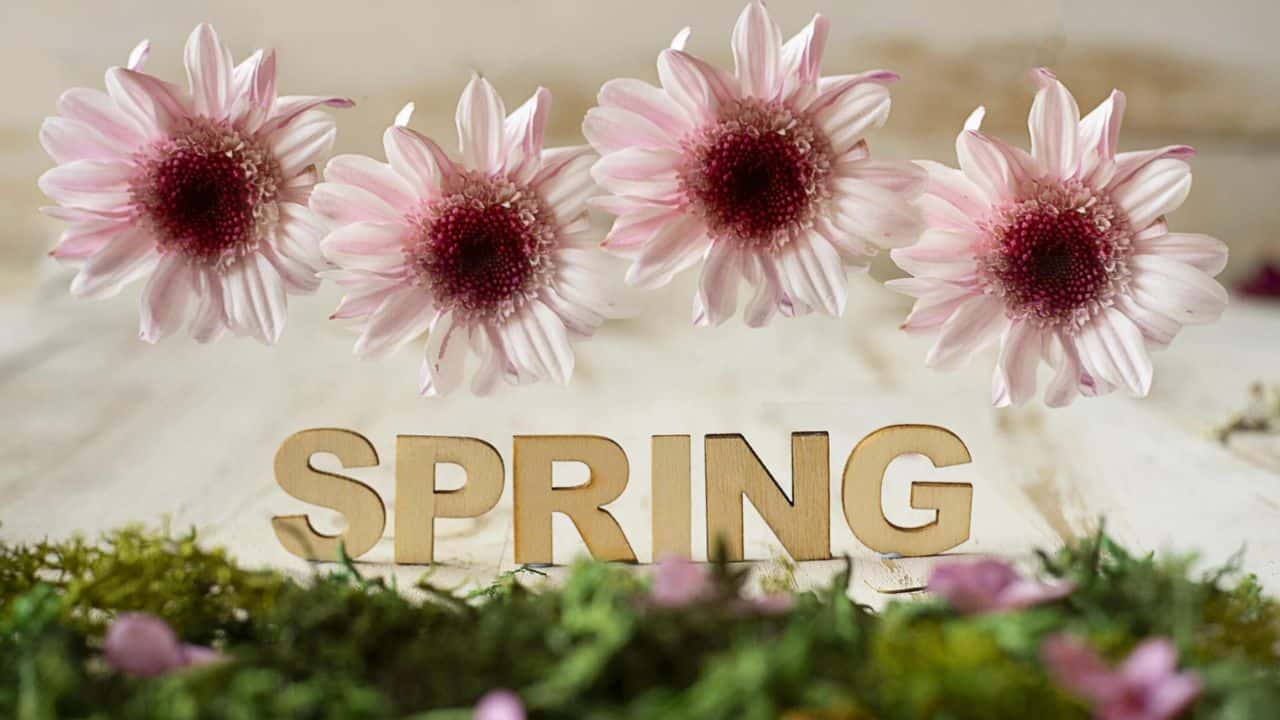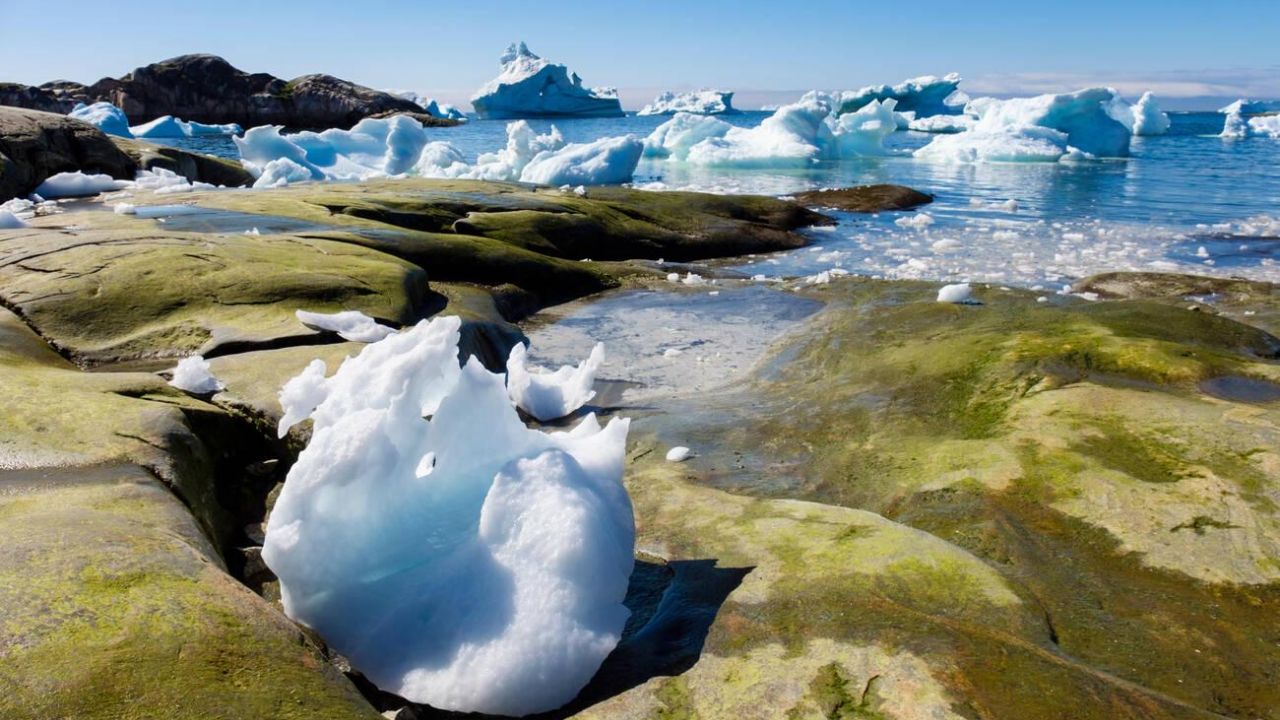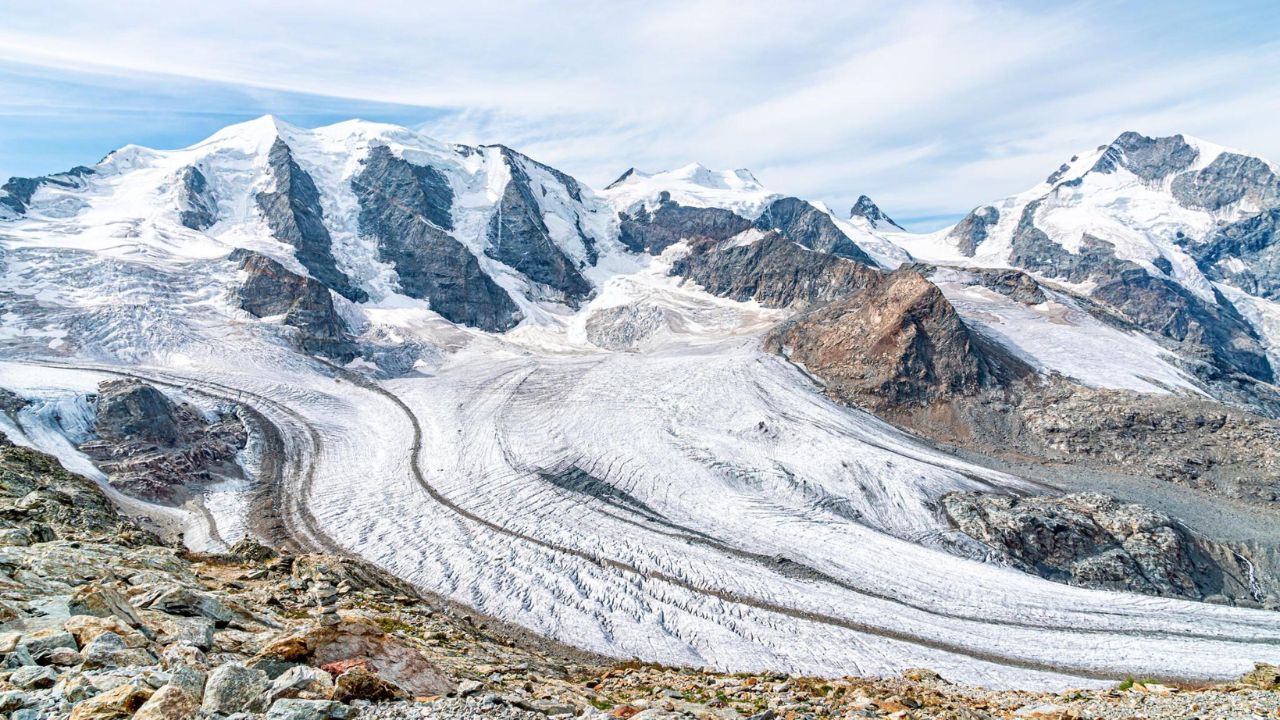Plant growth is a special process that can be affected by many different factors. These factors are environmental, such as sunlight, water, temperature, soil quality, and nutrients. Others are biological, such as pests and diseases. If your corporation or business wants to create successful native plant gardens, it is important to understand the factors that influence plant growth.
We will look at some of these factors in more detail and see how they affect plant growth.
Sunlight
Plants in a native garden need exposure to sunlight as much as possible. Generally, sunlight helps plants photosynthesize and produce the food they need to grow. If your native garden is in a shady area, you may find that the plants do not grow as expected.
For a plant to get the most out of sunlight, there are three things to consider:
The quality of the light: Full-spectrum sunlight is the best for plants as all the wavelengths are present for different purposes. For example, blue wavelength encourages the growth of the leafy greens in a plant.
The duration of the light: Plants need certain amounts of time each day of exposure to sunlight. The amount of time a plant needs depends on the type of plant. There are long-day plants, short-day plants, and day-neutral plants.
Long-day plants need more than 12 hours of sunlight each day to flower.
Short-day plants need less than 12 hours of sunlight to flower, and most bloom in the fall or winter.
Day-neutral plants do not use the amount of daylight to determine when they will flower but instead have other environmental cues, such as temperature changes.
The intensity of the light: The amount of sunlight that a plant gets can affect its growth. If a plant does not get enough light, it may become etiolated and have long, thin stems.
Water
For adequate plant growth, water is essential. It helps the plants’ transport nutrients and minerals around their system. Plants also need water for photosynthesis.
The amount of water that a plant needs depends on the plant type. Plants have adapted to different water conditions, so you need to know how much water the plants in your native garden require.
Too much water can be harmful to plants. If the roots of a plant are waterlogged, they will be unable to get the oxygen they need, and the roots will die and rot.
Nutrients
Plants need a range of different nutrients to grow. Nutrients are the necessary chemical elements that plants need for healthy growth. The three main nutrients plants need are nitrogen, phosphorus, and potassium. Apart from the three, plants require over ten other nutrients in smaller amounts, such as magnesium, calcium, and sulfur.
You can supplement nutrients to plants in a native garden by using compost manure or fertilizer. However, nutrients should not be in excess as this can be harmful to plants.
Temperature
Temperature is another factor that can affect plant growth. Each plant has a range of temperatures in which it grows best. If the temperature falls outside of this range, the plant may not grow as well or may die.
Processes influenced by temperature in plants include photosynthesis, germination, flowering, transpiration, and respiration. Combined with the intensity of light, the temperature can speed or inhibit the growth of a plant.
Soil Quality
The soil quality supports plants by anchoring them in the ground and storing water and nutrients.
Also, the soil type in your native garden affects how well a plant grows. There are three main types of soil: sand, clay, and loam.
Sand has the largest particles of the three and does not retain water well. Clay has the smallest particles and holds a lot of water but does not drain well. Loam is a mix of sand and clay and has medium-sized particles.
The ideal soil type for most plants is loam, as it retains water and drains well. However, different plants have adapted to grow in different types of soil. Planting a native plant in its preferred soil type will help it grow better.
Pests and Diseases
Lastly, pests and diseases can inhibit plant growth by damaging the leaves, stems, or roots of a plant. This can affect the plant’s ability to photosynthesize or take in nutrients, which will impact its growth.
Pests and diseases can only be controlled by using pesticides or herbicides. However, these can also be harmful to plants if they are not used correctly. It is best to consult with a native plant expert before using any chemicals on your plants.
It’s Time to Maintain Your Native Plant Gardens
There are many factors that can affect growth in native plant gardens. Whether it’s sun, soil, water, or nutrients, all play a key role in enhancing or inhibiting the growth of native plants. When planting, you must consider all of the factors mentioned above for your plants to have the best chance to grow.

